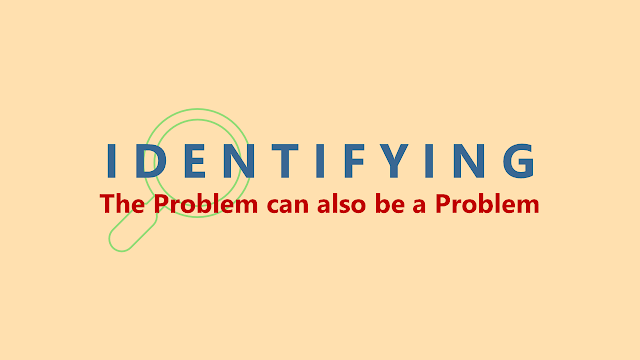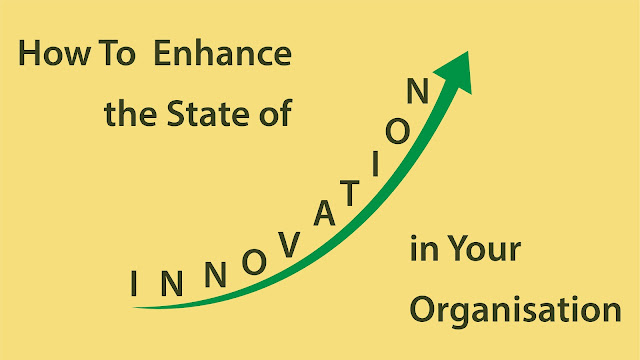Learn-to-Fail, else Fail-to-Learn!
In the world of relentless pursuit of
success, a mantra often recited is "Failure is not an
option".
This is invariably true in ‘business-as-usual’
context where the processes are established, and failures are unpardonable.
But, in the context of ‘business-un-usual’
– in other words, innovation, another mantra is more relevant i.e. “Failures
are the stepping stones to success”.
There are enough examples to illustrate
this. The most common one being “I have not failed. I've just found 10,000
ways that won't work” by Thomas Edison.
Often, failures teach us a lot more than
success and need to be made a part of the learning process in the context of
evolving an innovative solution.
However, failures, even in the context of
innovation, can be daunting to deal with unless these are supported by well-designed
practices and principles e.g.
Aligning the
understanding of ‘failure’
All the relevant
stakeholders need to have a common understanding of ‘failure’ in the context of
innovation which is not just acceptable but also worthy of celebrating.
Some of the
principles included by some of the organisations that do it are that it must be
in the pursuit of something that has ‘never-before’ been attempted, pursued in
the right spirit i.e. the team has gone beyond the call-of-the-duty and failures
are not repeated for the same contributing factors.
Encouraging
‘failures’ that are faster, cheaper, safer
This involves
identifying the unknowns in the new solution and finding ways to resolve each
in through large number of smaller experiments that are designed to be frugal and
in controlled environments whereby the failures, if any, do not cause any
damage that can’t be repaired easily.
Laboratory environment
come to the mind immediately, but all contexts may not justify setting up of
laboratories and may need other frugal ways to establish such environments.
The story of
development Google Glass is a great case in point of such ‘failures’. It
is well documented in the public domain and a lot of information can be found by
doing a quick search on the Internet. A talk by, Tom Chi, the Head of User
Experience Team during this phase can be found on YouTube as well.
Uncovering
real learnings from ‘failure’
The learnings must
be beyond the transactional / surficial ones and should certainly not be in the
areas that were within the control of the pursuing team e.g., failure due to “not
engaging with the customer early on” is not acceptable. Also, failure due to
external factors like recession etc. are also not acceptable.
As we navigate the uncharted waters of
innovation, let us shift our perspective to see failure not as a setback but as
a vital stepping stone. By embracing failure, understanding its value, and
systematically learning from it, we can unlock new possibilities and paths to
success that were previously unimaginable.
Let us celebrate our failures not just for
the sake of celebration but as a testament to our courage to venture beyond the
known. In doing so, we do not just learn to fail but we also learn to succeed
in ways we never thought possible and also share our learning with others.
So, let us learn-to-fail systematically else we will fail-to-learn about the newer ways of doing things and may get reminded of another mantra … “Innovate or Die/ Perish”!


